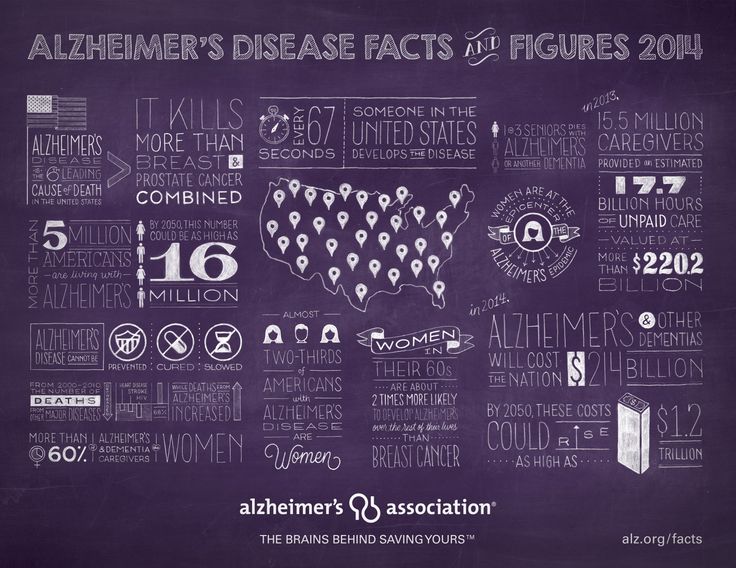
The Alzheimer’s Disease (AD) is a rare neurological disorder, but the most common cause of dementia. According to Alois Alzheimer's Description in 1907, it has been clearly identified the salient clinical and pathological features. As a progressive neurodegenerative disease, AD causes irreparable loss of neurons in the cerebral cortex and hippocampus. Genetic factors contain a crucial role in the risk of developing AD which is further related to the clinical features such as memory loss, personality changes, or depression. Moreover, environmental factors, mechanisms that are associated with aging and some other factors maintain potential risk or reasons for the development in the AD. There are other potential factors for AD that scientists have not found out yet. The cure of the disease do not exist; however, some strategies of management or medications are able to temporarily improve the symptoms. The majority of the patients who are diagnosed with AD are 60 years old or older.
The information in this paper are based on scientific journals or books that are focused on the topic of AD. Quantitative researches are used in those journals in order to collect figures and facts among different hypotheses. According to the journals, specific observations or measurements are collected for the inductive reasonings. The methods of conducting experiments including using mice and clinical trials for the experiments, especially with drugs or medications.
The studies of AD help psychiatrists and other doctors gain better knowledge on the methodology of proper medical cares on patients. More connections or correlations are found between AD and other diseases which support the inventions of suitable drugs or treatments for the patients. Some of the potential causes of AD are preventable in people’s daily lives, such as diet, lifestyle, social habits, environmental exposures, etc. Studies on AD also build up people’s awareness among the topic and acknowledge how to prevent the disease from personal standards. In addition, families are able to provide long-term caregiving to their loved ones who have this disease with such slow progression. The results from the studies can provide more knowledge of AD which decreases the amount of struggles, overwhelming, and stressfulness during the processes of caring. The more studies are conducted on AD, the more attention from society are caught which might increase the social awareness and availability of funding which can be used for advanced studies or medical development of AD.
